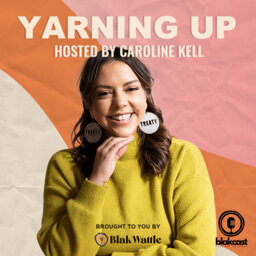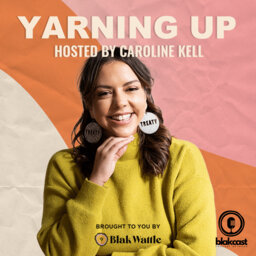Teisha Toi - Birthing on Country as a First Nations Woman
In this week’s episode Caroline is joined by proud Wiradjuri and Yuin Woman Teisha Toi. Teisha is a mother, a cultural dancer and woman, a Dhelk Dja Counsellor at Albury Wodonga Health Service (AHWAS) and is deeply passionate about the reclamation and decolonisation of ancient and sacred Aboriginal practices - such as birthing on Country.
In this potent episode, Caroline and Teisha engage in an exceptionally raw yarn about motherhood, and delve into Teisha's remarkable journey of motherhood and her unique experience of giving birth on Country. Teisha recounts her journey of giving birth on Country, sharing her emotions and insights from the experience and the many profound lessons she's learned in navigating this process, mostly without support from the Western health care system. Together, they both explore their own journeys as daughters and also their mother wounds. This episode serves as a poignant reminder that, despite the impact of colonisation on our traditional practices and ways, are as Teish says, ‘inscribed in our DNA.’
Teisha is committed to sharing her story and facilitating conversations on this topic with those wanting to learn more. She has generously shared her Birthing on Country video which can be found HERE. To reach out to Teisha and find out more follow her on Instagram HERE.
If you enjoyed this episode, please leave a rating and review so we can elevate First Nations people and stories and don’t forget to follow the show! Follow Caroline on Instagram @blak_wattle_coaching and learn more about working with Caroline HERE
We would like to acknowledge Aboriginal people as Australia’s First Peoples’ who have never ceded their sovereignty. We acknowledge the Wurundjeri/Woiwurrung people of the Kulin Nation where the podcast was recorded. We pay our deepest respects to Traditional Owners across Australia and Elders past and present. And our future young generations.
This episode is for entertainment purposes only and doesn't replace medical advice.
This podcast was brought to you by On Track Studio.
For advertising opportunities please email hello@ontrackstudio.com.au
 Yarning Up First Nations Stories with Caroline Kell
Yarning Up First Nations Stories with Caroline Kell


